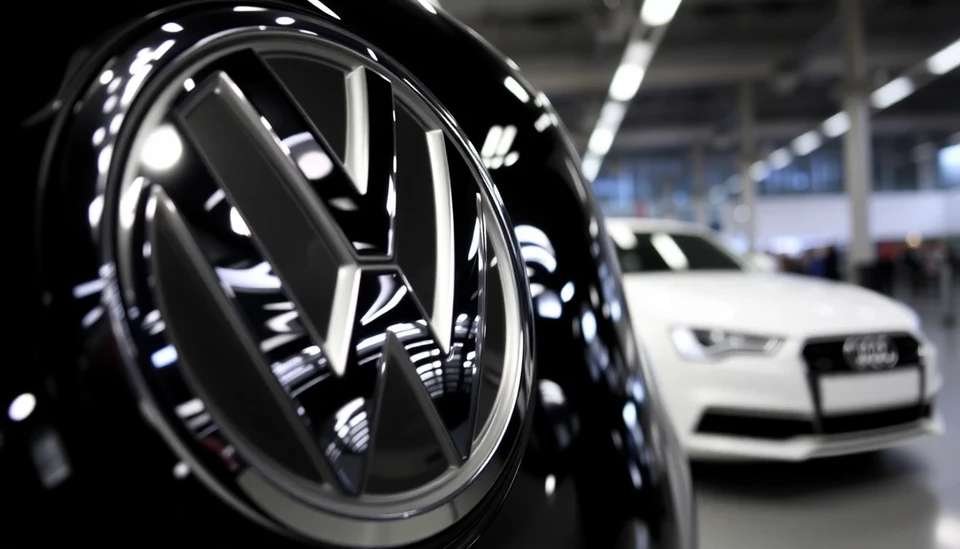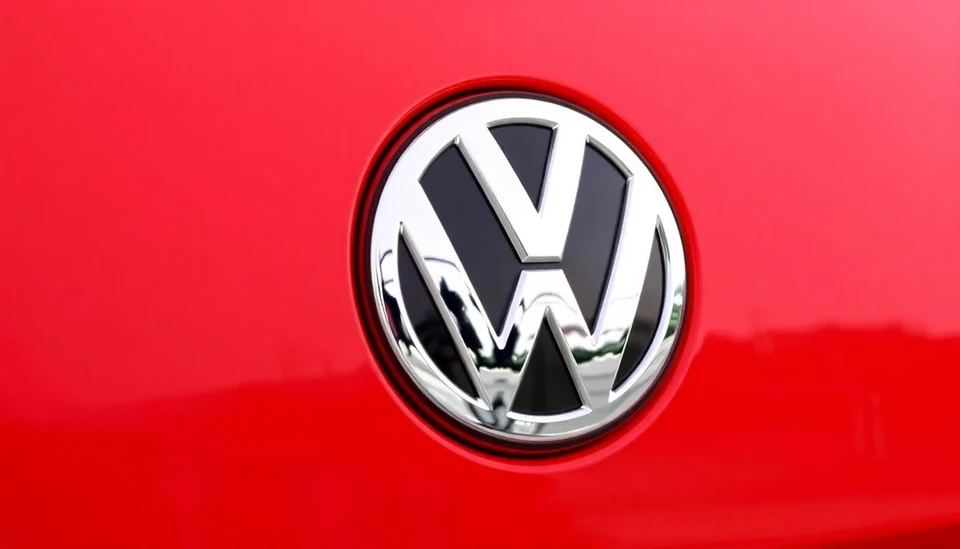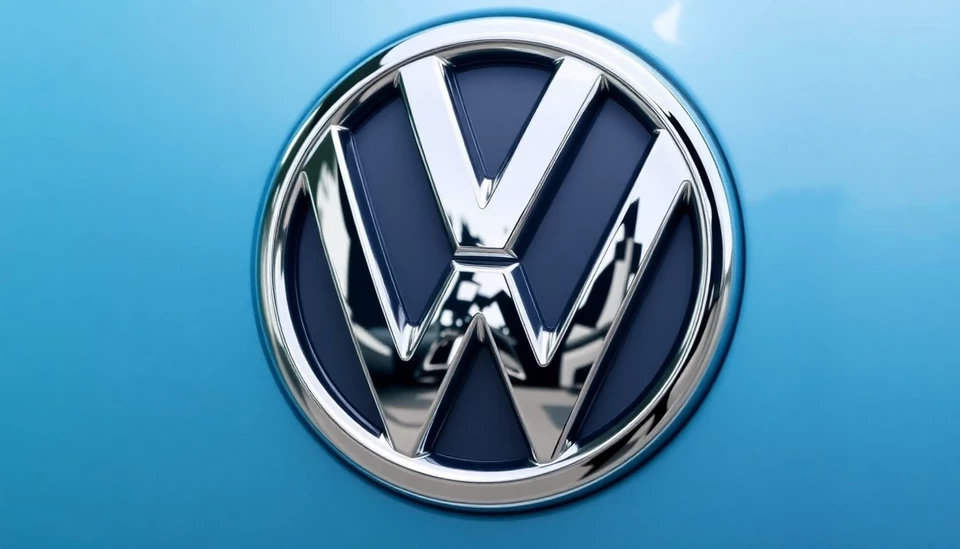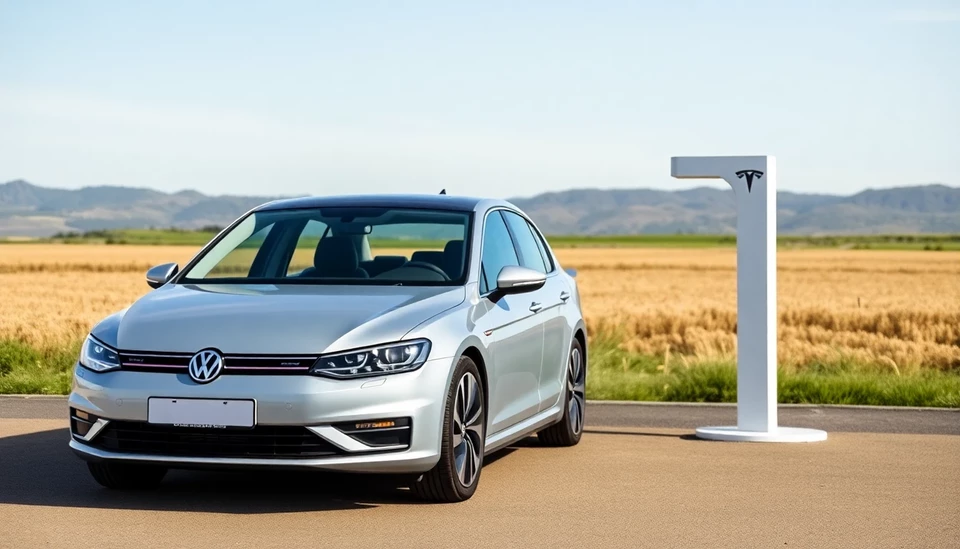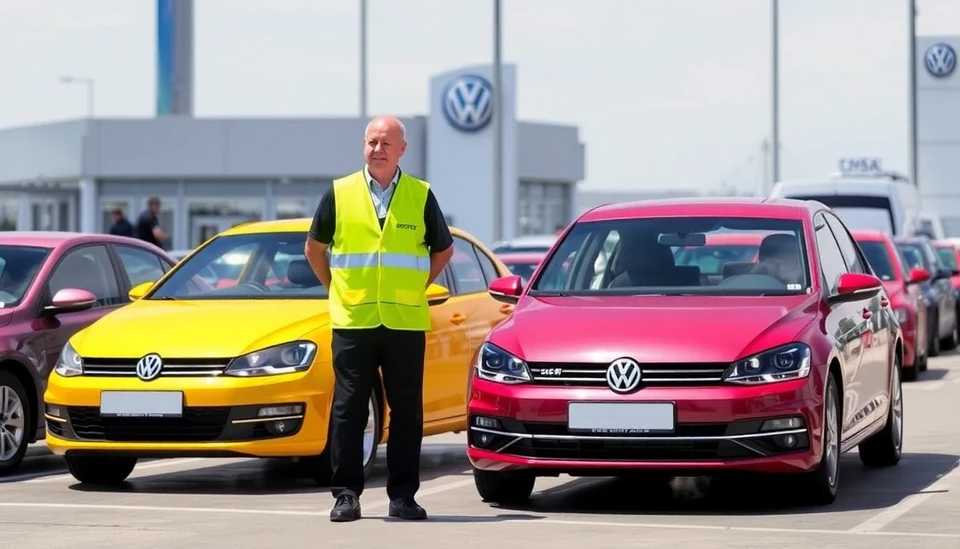
In a recent statement by German Chancellor Olaf Scholz, concerns have been raised regarding Volkswagen's (VW) potential plant closures. Scholz expressed that the decision to shut down facilities may not be the most effective approach to addressing the challenges faced by the automotive industry. This commentary comes at a time when VW is contemplating drastic measures to adapt to a shifting market landscape and increasing competition.
The backdrop to this situation involves the automotive sector grappling with rapid changes, especially with the burgeoning demand for electric vehicles (EVs), tightening regulations, and an ever-evolving consumer base. VW, one of the world's largest automotive manufacturers, has been facing increasing pressure to expedite its transition toward sustainable technologies, amidst rising costs and changes in consumer preferences.
During discussions in Berlin, Scholz emphasized the need for innovative solutions that prioritize both job security and economic stability. He pointed out that simply closing plants might not only risk jobs but could also hinder Germany's reputation as a leading hub for automotive production. "We must consider alternatives that ensure the future of our workforce and the competitiveness of our industries," he stated.
Scholz's comments come on the heels of VW's discussions on the potential downsizing of its operations, which have evoked significant concern among labor unions and employees. Trade unions have been vocal about their opposition to plant closures, underscoring the negative impact such decisions would have on workers and their families, as well as the broader local economies dependent on these facilities. The unions argue that any route toward layoffs must be carefully analyzed and alternative paths sought.
In addition, experts in the automotive sector have underscored the critical need for VW to invest in technology and skills development rather than resorting to drastic measures. Many believe that a collaborative approach involving government, industry stakeholders, and labor representatives could yield viable solutions. Investing in retraining programs for workers and enhancing plant efficiency could provide a more balanced resolution to the challenges faced by the company.
As VW navigates these turbulent waters, stakeholders remain hopeful that a solution can emerge that balances operational viability with the economic realities of the workforce. Scholz's leadership in advocating for a thoughtful assessment of plant closures serves as a reminder of the broader implications that corporate decisions can have on communities and economies.
The auto industry, particularly in Germany, is at a pivotal crossroads. With increasing pressures from climactic changes and societal expectations, courage to innovate and adapt is essential. Scholz's call for smarter strategies could foster an environment where both the economy and workforce are preserved, paving the way for a more sustainable industrial future.
As this situation unfolds, all eyes will be on VW and government leaders, watching closely to see how they respond to the challenges ahead.
#Volkswagen #OlafScholz #AutomotiveIndustry #ElectricVehicles #Sustainability #LaborUnions #JobSecurity
Author: Samuel Brooks
